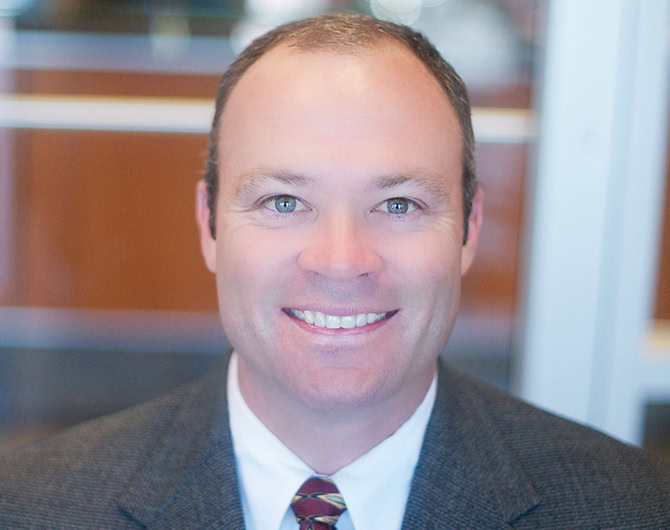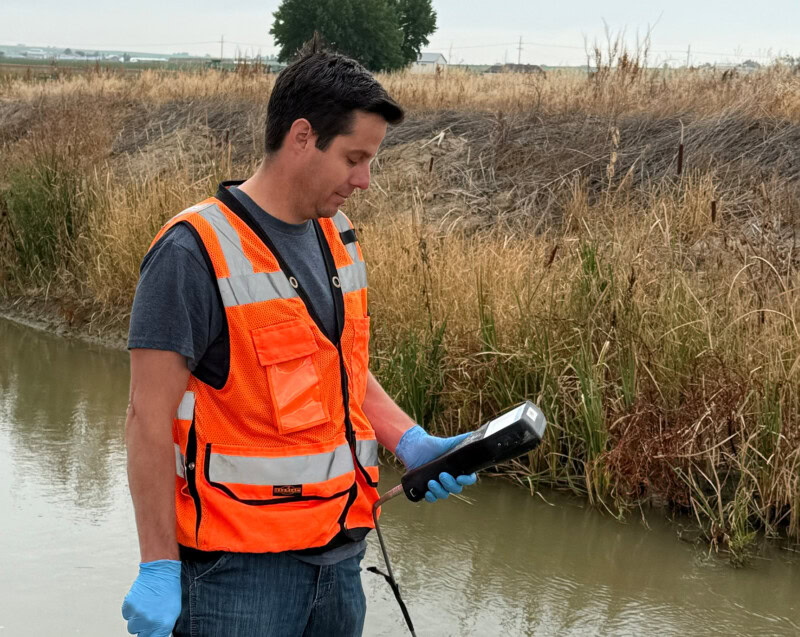A long-time industrial hygienist, David Watts, MSPH, CIH is well versed in a diverse range of workplace and safety issues—from noise monitoring to safety audits. While at CTEH, he has partnered with both public and private entities across the U.S. while also serving as a trusted resource to regulatory bodies like the U.S. Environmental Protection Agency, Occupational Safety and Health Administration (OSHA), and more. Learn more about David Watts, one of our senior industrial hygienists, in the Q & A below:
What do your day-to-day activities at CTEH include?
There is no typical day at CTEH. However, you can often find me problem solving with clients on any number of issues. I also regularly participate in technical research and work with our large staff on employee development and mentoring.
You have in-depth real-world experience on numerous industrial hygiene (IH) issues (e.g., OSHA compliance). What do you see as your main areas of expertise?
Indoor air quality is where most of my experience resides, but this can take many forms such as building design and construction defects; building occupancy issues; water intrusion; or biological exposure issues (i.e., mold). It also includes a myriad of mystery problems associated with building ventilation, including odors, material off-gassing, HVAC performance or the use of spaces that impact habitability.
You’ve served as a liaison to many regulatory agencies. How did you get into this role?
I have been fortunate to help our partners with numerous complex issues where communication to stakeholders was paramount. These entities trust my ability to communicate sensitive information in a respectful and professional manner. Because of this, I’ve had the privilege to serve as a liaison between those partners and regulatory agencies.
What first brought you to CTEH?
I was introduced to CTEH shortly after the Deepwater Horizon oil spill. At the time, I was serving as a consultant for another firm in the Gulf Coast and was able to partner with CTEH on various industrial hygiene duties. This allowed me to work with some very skilled scientists, and it opened my eyes to the critical role industrial hygiene plays in the emergency response field. After a year of working alongside CTEH, I was given the opportunity to relocate to Little Rock and become our company’s director of industrial hygiene.
Based on your experience, what do you think sets CTEH apart from its competitors?
CTEH prides itself on selflessly serving and helping protect people and communities during times of crisis. We have the ability to assess and solve our partners’ problems that best meets their needs, whether they’re focused on regulatory compliance or worker safety. We strive to offer innovative and permanent solutions.
CTEH is an extremely collaborative workplace. Our leadership team has made it a priority to provide our employees with the support, resources and mentoring they need to thrive. There’s rarely an issue that comes across my desk where I don’t have a resource, or an avenue to secure the needed resource, to solve it.
From the American Board of Industrial Hygiene to Indoor Air Quality Association, you’re involved with numerous professional organizations. Tell us more.
As a company, CTEH is a strong advocate of professional development. As leaders in the field, our employees are always encouraged to contribute to our various trade organizations. It’s a great way to give back to my profession, as well as to network with my peers and perpetuate CTEH’s strong focus on continuing education.
Want to know more about David Watts? Share your questions on our Facebook.




